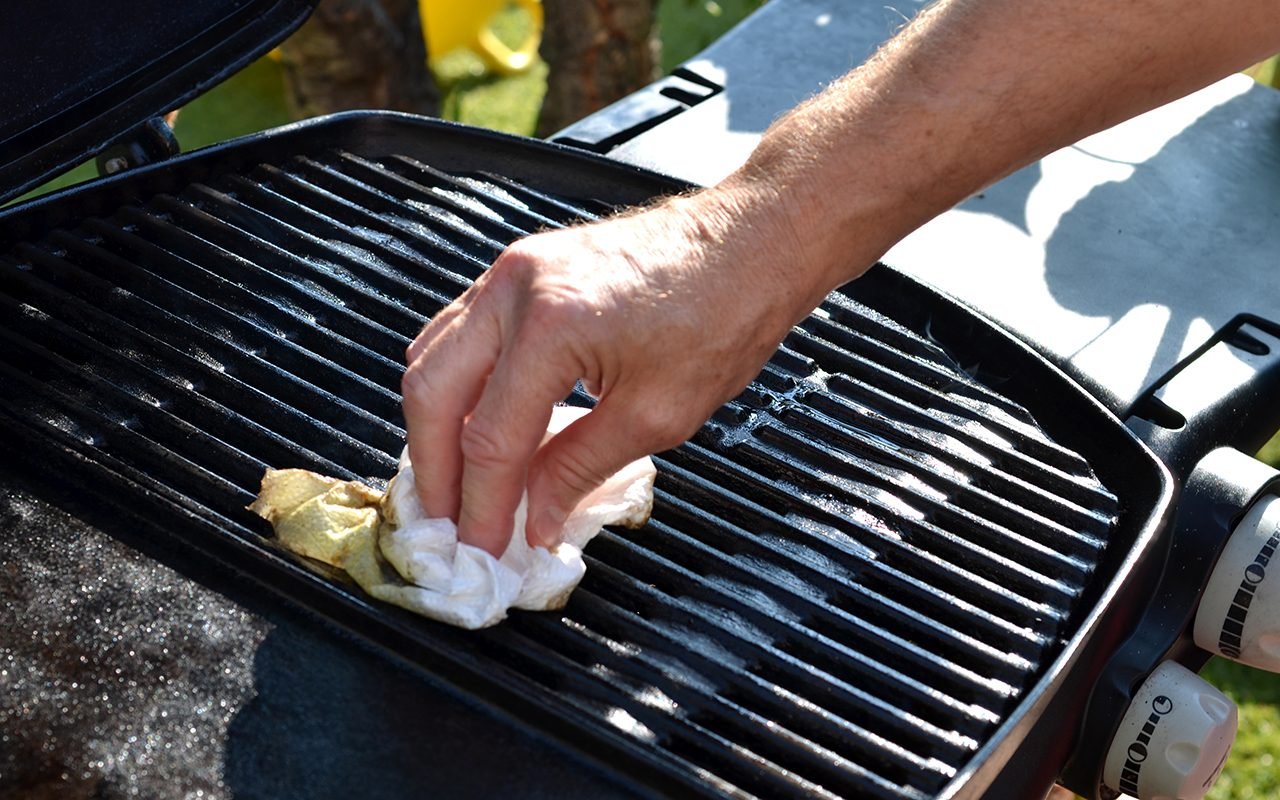Cast Iron Grill Grates Seasoning Guide for Perfect BBQs
Written By James Morgan
For those who cherish the art of barbecuing, nothing matches the allure of a well-seasoned cast iron grill grate. Whether you're a novice or a seasoned pitmaster, understanding the cast iron grill grates seasoning guide is crucial. This guide will explore the essence of seasoning, why it's essential, and how to achieve the perfect seasoning that ensures your grilling sessions are memorable.

Why Seasoning Matters
Seasoning isn't just a step in grill maintenance; it's an art. It provides a natural, non-stick surface and helps to protect the metal from rusting. The process involves applying a thin layer of oil to the grates and heating them, allowing the oil to polymerize and form a protective layer. This layer not only enhances the longevity of your grill grates but also adds a unique flavor profile to your food.
The Science Behind Seasoning
Seasoning works through a process called polymerization, where the applied oil undergoes a chemical reaction when heated. This reaction bonds the oil to the metal, creating a durable coating. This coating is what gives your food that desirable, flavorful crust, making every bite an experience to savor.
Steps to Season Your Cast Iron Grill Grates
To begin with, you'll need to clean your grates thoroughly. Use a stiff brush to remove any rust or residue. For detailed cleaning tips, you can visit this cleaning guide. Once your grates are clean and dry, apply a thin layer of oil. Vegetable oil, canola oil, or flaxseed oil are great options. Heat your grill to a high temperature and let it cook the oil into the grates. Repeat this process 2-3 times for optimal results.
Choosing the Right Oil
When it comes to seasoning, the choice of oil can significantly impact the outcome. Flaxseed oil is often recommended due to its drying properties, which help in forming a hard, durable layer. However, other oils like canola or vegetable oil are also effective and more readily available. The key is to ensure an even, thin layer to avoid sticky build-ups.
Maintaining Your Seasoned Grill Grates
Maintenance is key to preserving the quality of your seasoning. After each grilling session, clean your grates while they're still warm. This helps to remove food particles easily without damaging the seasoning layer. For more tips on maintaining various types of grill grates, check out this grate comparison.
Common Mistakes to Avoid
Avoid using soap when cleaning your seasoned grates, as it can strip away the seasoning. Similarly, refrain from using abrasive tools that can scratch the surface. Instead, opt for a gentle brush or cloth. For further advice on grill maintenance, you might find this external resource helpful.
Why Barbecue Enthusiasts Love Cast Iron
Cast iron is cherished among barbecue enthusiasts for its excellent heat retention and even cooking surface. It imparts a unique flavor to the food that is hard to replicate with other materials. Its durability ensures it can withstand high temperatures, making it perfect for searing meats to perfection.
Enhancing Flavor with Seasoned Grates
One of the greatest joys of using seasoned cast iron grates is the enhancement of flavor. The seasoning forms a bond with the food, creating a luscious crust that locks in moisture and enhances taste. This makes every grilling session a delightful culinary experience.

FAQs
How often should I season my grill grates?
It's recommended to season your grill grates every few months, or more often if you use them frequently. Regular seasoning helps maintain the non-stick surface and protects against rust.
Can I use olive oil for seasoning?
While olive oil can be used, it's not the best choice due to its low smoke point. Oils with a higher smoke point, like canola or flaxseed, are more suitable for creating a durable seasoning layer.
What if my grates start to rust?
If rust appears, clean the grates thoroughly and re-season them. Regular maintenance and proper storage can prevent rust from forming.



